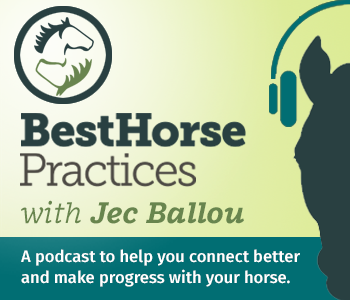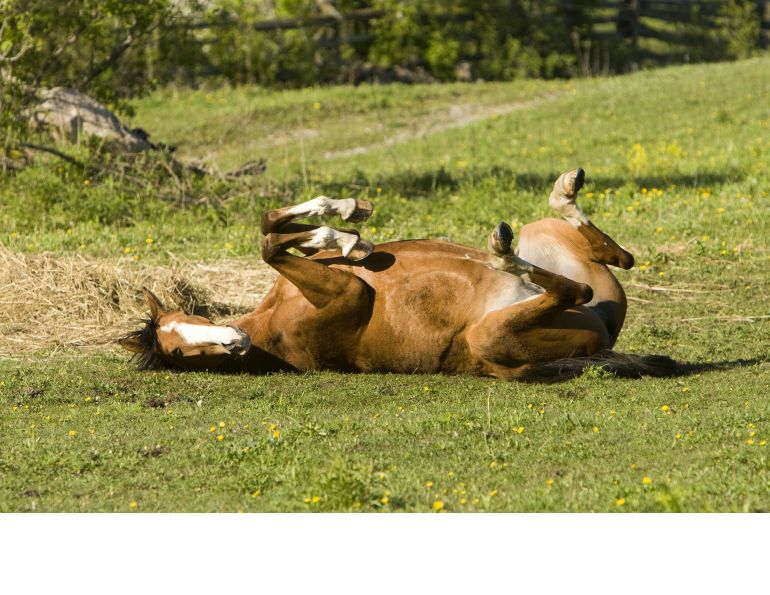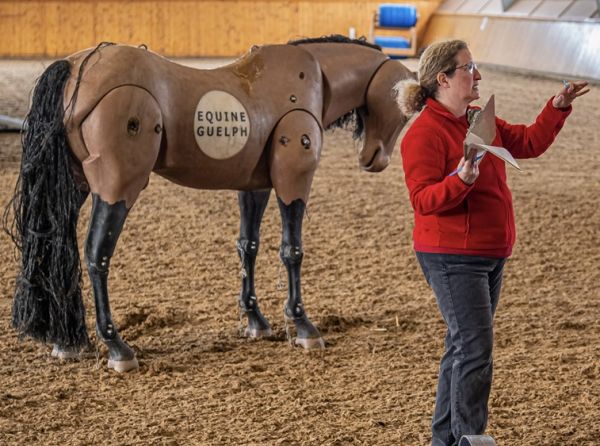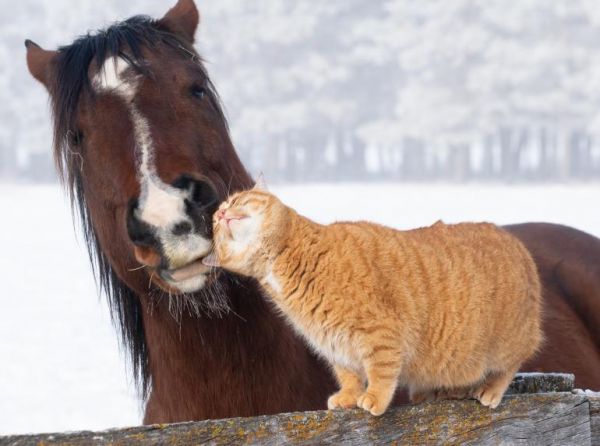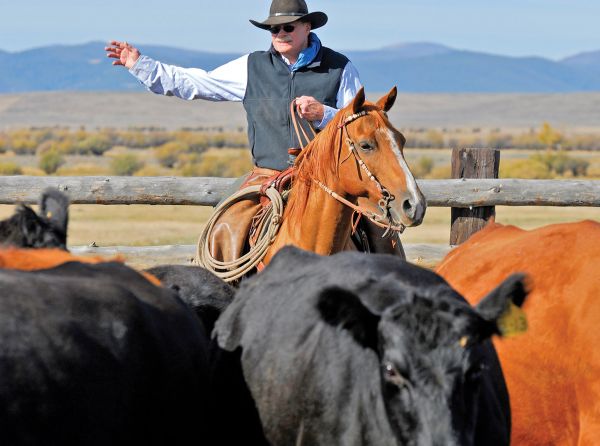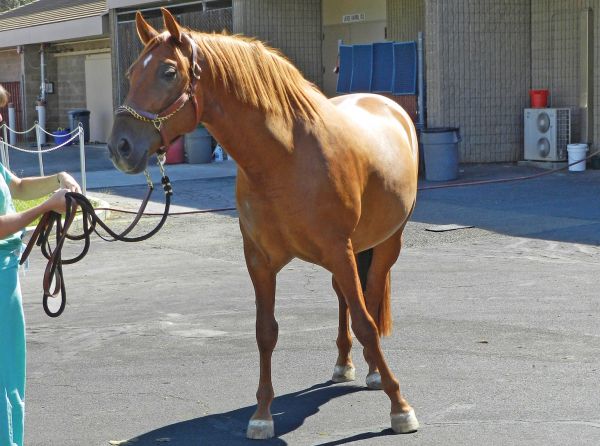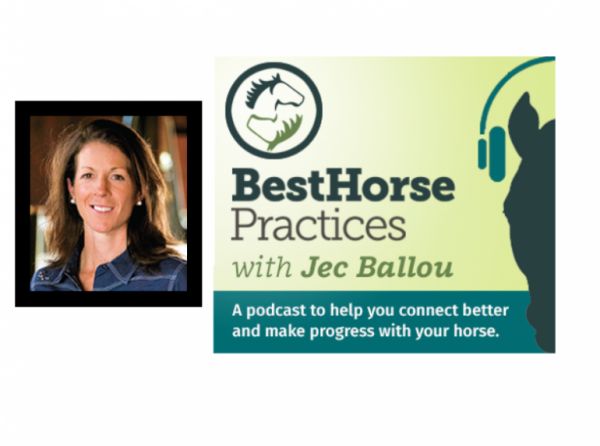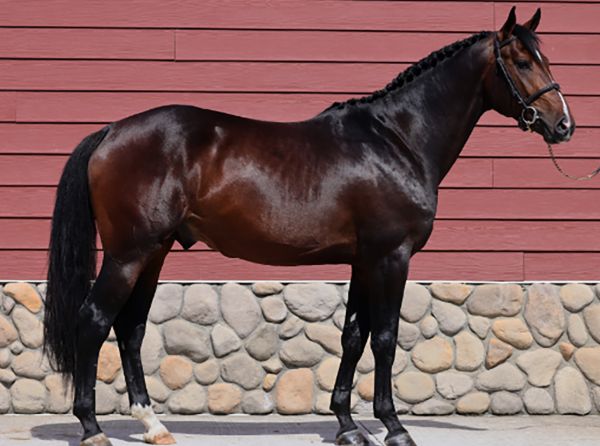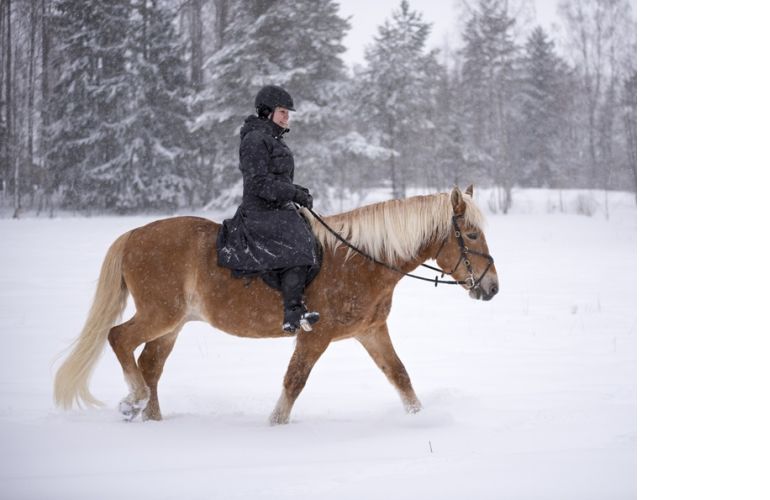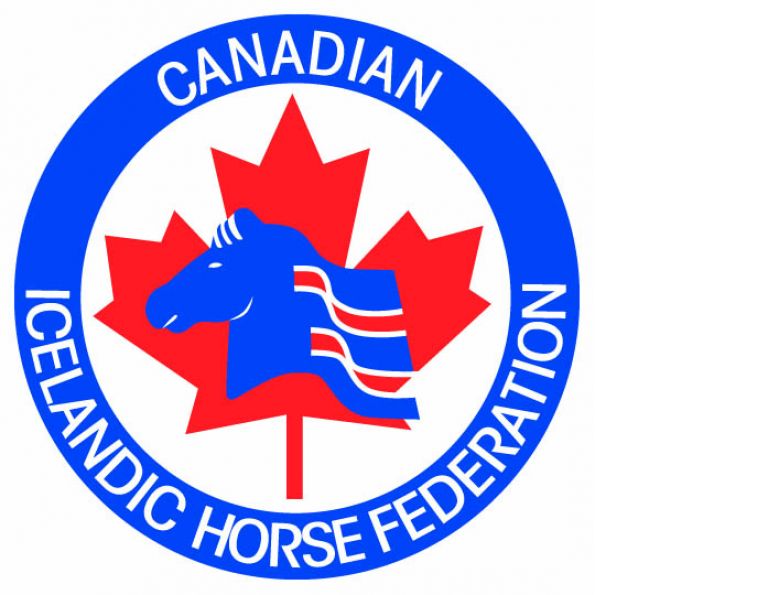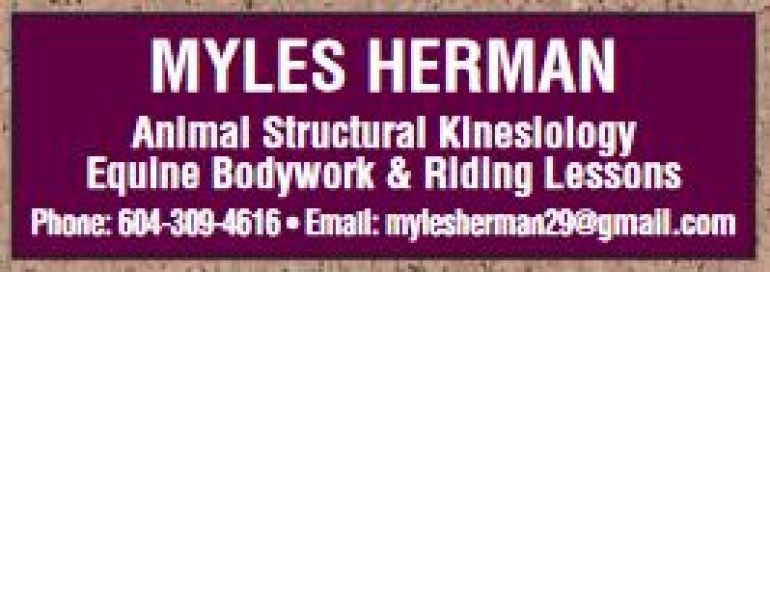By Dr. Nerida Richards
Biotin is a vitamin essential for many functions in a horse's body, including fatty acid synthesis, protein and energy metabolism, and cell proliferation. In equine nutrition biotin is best known and most commonly used to positively influence hoof quality. There are many biotin supplements available, some containing only biotin while others also contain nutrients such as methionine and organic zinc. These supplements are marketed as hoof supplements and are usually expensive. The question is: Does your horse actually need supplemental biotin?
Biotin is naturally available to your horse…
Your horse has access to two sources of natural biotin. Biotin is present in most feeds and forages, particularly green fresh forages. Also, the bacteria in a healthy horse's gut produce biotin, which is then made available to the horse.
Therefore, a horse on a forage based diet with a healthy gut should not need to be supplemented with biotin. BUT there are plenty of horses on this type of diet with poor quality hooves. Often horse owners turn straight to biotin in this situation to improve hoof quality. However, it is unlikely that a biotin deficiency is causing the problem, which means supplemental biotin certainly isn't going to fix it.
An unbalanced diet causes poor quality hooves…
While supplementing with biotin may seem a good way to improve hoof quality, it won't help if the rest of the diet is unbalanced. Minerals like copper and zinc and good quality protein all need to be in the horse's diet in balanced quantities for the horse to grow quality hoof.
The best way to achieve good quality hooves…
Feed a completely balanced diet! If your horse has poor quality hooves, it is likely that something is missing from the diet, although it probably isn’t biotin.
The three basic steps to achieving good quality hooves are:
Step 1: Feed a balanced diet. It will be 3 to 6 months before you see a positive effect.
Step 2: Base your horse's diet as much as possible on good quality forage.
Step 3: Avoid feeding uncooked grains (with the exception of oats) as these can upset the bacteria balance in the hindgut and reduce the natural production of biotin.
When should you use biotin?
There are some situations that may warrant biotin supplementation, such as:
• If your horse has been maintained on a high grain diet for an extended period of time.
• If your horse has been on a long term dose of oral antibiotic.
• If your horse is old and the hindgut has lost some function.
If any of these situations apply to your horse and his hoof quality remains poor despite a balanced diet, it is possible that the horse is not receiving enough biotin. A dose of 20 mg per day for a minimum of six months should be used for the best effect.
Article reprinted with permission from FeedXL
Dr. Nerida Richards, PhD, is the Managing Director and Principal Consultant at Equilize Horse Nutrition Pty Ltd, a company that provides independent, professional advice in all areas of equine nutrition. She is also the resident equine nutrition specialist for FeedXL. For more information, please visit www.FeedXL.com.
Main Article Photo: Jess Hallas-Kilcoyne








